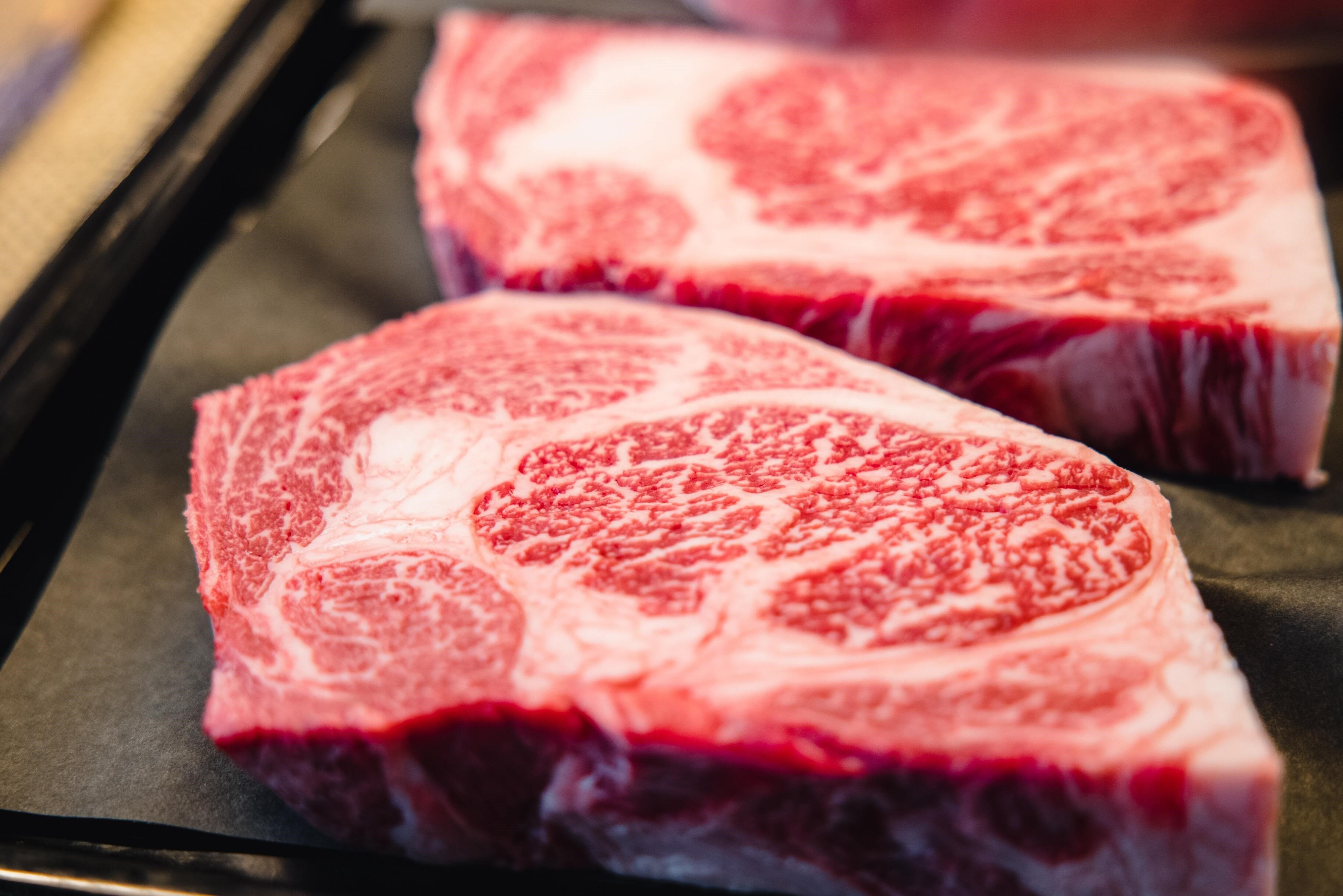Microplastics detected in farm animals' meat, milk, blood
Microplastics are ravaging the planet, as they were found in several food items consumed on daily basis and could cause grave health issues for humans.
-

Seven of the eight beef samples were contaminated
Beef and pork, as well as the blood of cows and pigs, have tested positive for microplastics for the first time in history.
Scientists at the Vrije Universiteit Amsterdam (VUA) in the Netherlands found the particles in 75% of meat and milk products tested and every blood sample in their leading study.
Microplastics were also found in every sample of animal pellet feed tested, which indicates that the feed could be the source of contamination. The products were packaged in plastic, however, which would make for another possible route.
The microplastics were found in the animals through a test VUA researchers conducted on humans and helped them find microplastics in human blood for the first time in March. It was also found that the microplastic particles in the blood vessels could lodge in organs.
The impact these particles have on humans and farm animals is yet to be discovered, but there are concerns surrounding them that stem from the fact that they could cause damage to human cells. Air pollution particles, for example, are already known to enter the body and cause millions of early deaths a year. Microplastics are also known to be very harmful to certain wildlife, such as turtles and seals.
Microplastics are very widespread in the environment because of the huge amounts of plastic waste dumped in the world, eventually leading to microplastics contaminating the entire planet, while people are known to consume the tiny particles through food, water, and breathing air.
"When you’re measuring blood, you’re finding out the absorbed dose from all the different exposure routes: air, water, food, et cetera," said Dr. Heather Leslie at VUA, as quoted by The Guardian. "So it’s very interesting because it immediately tells you what’s penetrating into the river of life."
Leslie also revealed that the study was conducted to assess whether microplastics are present in farm animals, meat, and dairy. "It should act as an impetus to further explore the full scope of exposure and any risks that may be associated with it."
The scientists tested 12 samples of cow blood and 12 of pig blood and found microplastics in all of them, including polyethylene and polystyrene.
The 25 milk samples included milk from supermarket cartons, milk tanks on farms, and hand-milking. Eighteen of the samples contained microplastics.
Strikingly, seven of eight beef samples and five of the eight pork samples were found to be contaminated.
Plastic pollution has become commonplace, with images such as a turtle suffocated by a shopping bag, water bottles washing up on beaches, and the gigantic "Great Pacific Garbage Patch" of floating debris.
Scientific investigations are increasingly identifying microplastics in several human organs, including "the lungs, spleen, kidneys, and even the placenta," Jean-Francois Ghiglione, a researcher at the Laboratory of Microbial Oceanography in France, told AFP.
Read next: Microplastics found in fresh Antarctic snow
It may not come as much of a shock that we breathe in these particles present in the air, in particular microfibres from synthetic clothing. "We know that there's microplastics in the air, we know it's all around us," said Laura Sadofsky, from the Hull York Medical School in the UK.
Annual production of fossil-fuel-based plastics is set to top 1.2 billion tonnes by 2060, with waste exceeding one billion tonnes, the Organisation for Economic Co-operation and Development said last month. "People cannot stop breathing, so even if you change your eating habits you will still inhale them," said Koelmans. "They're everywhere."

 4 Min Read
4 Min Read










